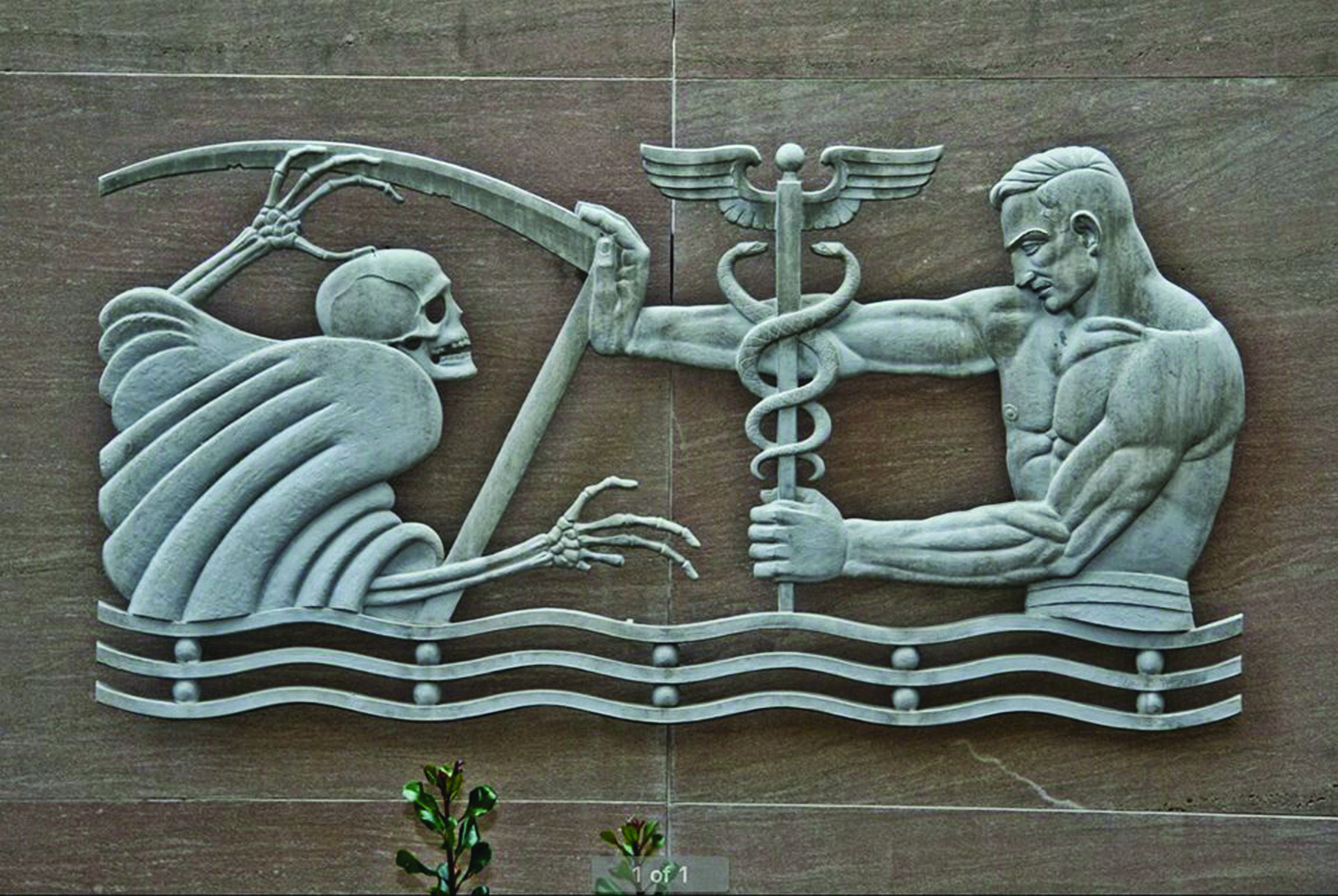Your Eminence, is there really a crisis of religious life, and can you give us its dimensions?
Cardinal Jean Daniélou : I think that there is now a very grave crisis of religious life, and that one should not speak of renewal, but rather of decadence. I think that this crisis is hitting the Atlantic area above all. Eastern Europe and the countries of Africa and Asia present in this regard a better state of spiritual health. This crisis is manifesting itself in all areas. The evangelical counsels are no longer considered as consecrations to God, but are seen in a sociological and psychological perspective. We are concerned about not presenting a bourgeois facade, but on the individual level poverty is not practiced. The group dynamic replaces religious obedience; with the pretext of reacting against formalism, all regularity of the life of prayer is abandoned and the first consequence of this state of confusion is the disappearance of vocations, because young people require a serious formation. And moreover there are the numerous and scandalous desertions of religious who renege on the pact that bound them to the Christian people.
Can you tell us what, in your view, are the causes of this crisis?
The essential source of this crisis is a false interpretation of Vatican II. The directives of the Council were very clear: a greater fidelity of religious men and women to the demands of the Gospel expressed in the constitutions of each institute, and at the same time an adaptation of the modalities of these constitutions to the conditions of modern life. The institutes that are faithful to these directives are seeing true renewal, and have vocations. But in many cases the directives of Vatican II have been replaced with erroneous ideologies put into circulation by magazines, by conferences, by theologians. And among these errors can be mentioned: Secularization. Vatican II declared that human values must be taken seriously. It never said that we should enter into a secularized world in the sense that the religious dimension would no longer be present in society, and it is in the name of a false secularization that men and women are renouncing their habits, abandoning their works in order to take their places in secular institutions, substituting social and political activities for the worship of God. And this goes against the grain, among other things, with respect to the need for spirituality that is being manifested in today’s world.
A false conception of freedom that brings with it the devaluing of the constitutions and rules and exalts spontaneity and improvisation. This is all the more absurd in that Western society is currently suffering from the absence of a discipline of freedom. The restoration of firm rules is one of the necessities of religious life.
An erroneous conception of the changing of man and of the Church. Even if these change, the constitutive elements of man and of the Church are permanent, and bringing into question the constitutive elements of the constitutions of the religious orders is a fundamental error.
But do you see any remedies for overcoming this crisis?
I think that the only and urgent solution is that of stopping the false stances taken in a certain number of institutes. For this it is necessary to stop all of the experimentation and all of the decisions contrary to the directives of the Council; to warn against the books, magazines, conferences in which these erroneous conceptions are being put into circulation; to restore in their integrity the practice of the constitutions with the adaptations requested by the Council. Wherever this appears impossible, it seems to me that those religious cannot be denied who want to be faithful to the constitutions of their order and to the directives of Vatican II, and to establish distinct communities. Religious superiors are bound to respect this desire.
These communities must be authorized to have houses of formation. Experience will demonstrate whether the vocations are more numerous in the houses of strict observance or in the houses of mitigated observance. In case the superiors oppose these legitimate requests, recourse to the Supreme Pontiff is certainly authorized.
Religious life is called to a grandiose future in technological society; the more this is developed, the more it will make felt the need for the manifestation of God. This is precisely the aim of religious life, but in order to carry out its mission it must rediscover its authentic meaning and break radically with a secularization that is destroying it in its essence and preventing it from attracting vocations.






Facebook Comments